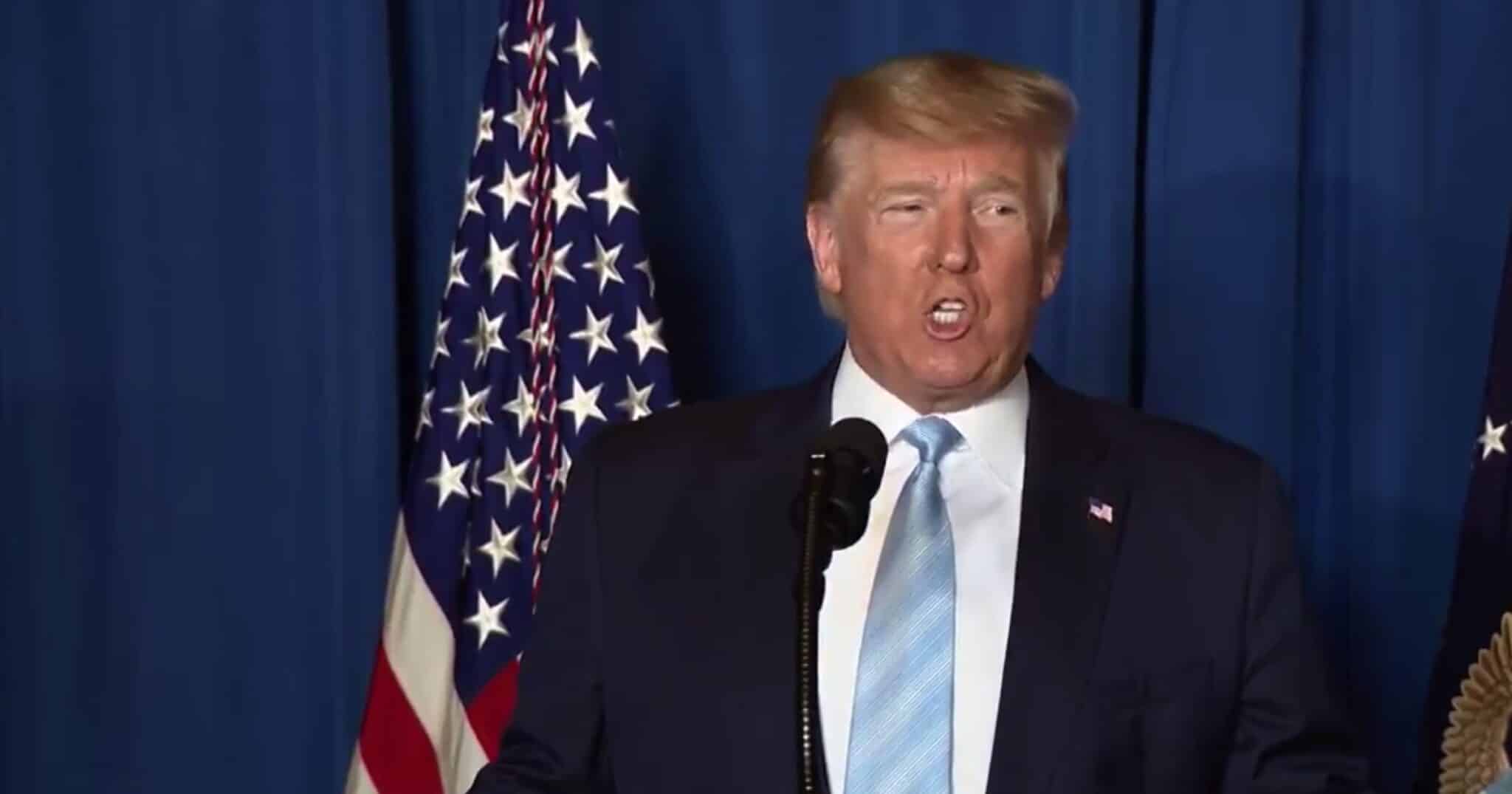




In a recent pronouncement, Vice President Kamala Harris confirmed she will not support more fossil fuel drilling as Americans deal with high energy costs.
Fox News reported that Harris firmly opposes further expansion of fossil fuel drilling, positioning the administration's energy strategy within a broader context of reducing dependence on foreign oil and investing in renewable energy.
Her statements have ignited a debate, drawing criticism from industry stakeholders who claim their successes occurred despite the administration's regulatory environment.
While speaking at a debate in Pennsylvania with former President Trump, Harris underscored the historic growth in domestic oil production under the current administration.
The Vice President's climate engagement director, Camila Thorndike, provided clarification on Harris' stance amid the unfolding discussion.
Thorndike made it clear that Harris is not advocating for an increase in drilling efforts but instead stands by the administration's decision not to ban fracking entirely. Essentially, Harris wants credit for failing to ban fracking and not making energy prices worse.
The Biden-Harris administration's alleged "accomplishments" have been met with skepticism from the energy industry.
Critics contend that the growth in production occurred despite, rather than due to, the current administration's policies, which they claim pose significant regulatory hurdles.
The U.S. Oil and Gas Association has been vocally critical, arguing that the Biden administration has created what they consider an unfavorable regulatory climate for their operations.
In a pointed critique, the U.S. Oil and Gas Association accused the administration of implementing hundreds of measures designed to undermine the industry.
A representative from the association cited the hostile environment, claiming that energy companies succeeded by surmounting these governmental challenges, implying that the administration should not take credit for industry achievements.
Despite Harris' boasts about record production numbers, the energy sector remains contentious about the underlying causes of these increases. They argue that the administration's regulatory approach effectively challenges the industry, contrary to the administration’s narrative of facilitation. The energy sector’s achievements, they insist, resulted from their own perseverance and adaptability in the face of adversity.
The Harris campaign has not offered a comment to media outlets like Fox News Digital regarding the criticism they face from the energy industry. This silence leaves some questions unanswered regarding the administration's specific role in fostering or inhibiting energy growth.
As the debate unfolds, Harris continues to champion the Biden administration's balanced strategy, citing substantial investments in clean energy. She claims these investments align with efforts to bolster domestic oil and gas production, presenting a multifaceted approach to energy independence and environmental responsibility.
Looking ahead, the administration faces a dual challenge: honoring commitments to expanding renewable energy while maintaining domestic production levels.
These commitments reflect a broader attempt to achieve sustainable energy independence, reduce carbon emissions, and transition to a greener economy.
Harris’ remarks highlight the complex dynamics faced by policymakers striving to manage both environmental and economic objectives. Her emphasis on clean energy and domestic production seeks to address both immediate energy needs and long-term sustainability goals, marking a pivotal moment in the nation’s energy policy discussions.
The ongoing discourse around Harris’ statements about fossil fuel drilling reflects broader tensions within the national energy debate. As industry leaders and policymakers continue to clash over the path forward, the results of these discussions will likely shape U.S. energy policies for years to come.
Harris’ comments, alongside reactions from political peers and industry leaders, underscore the nuanced challenges of energy policy. The tensions reveal deep-rooted differences in perspectives on achieving sustainable growth in a rapidly changing global energy landscape.



